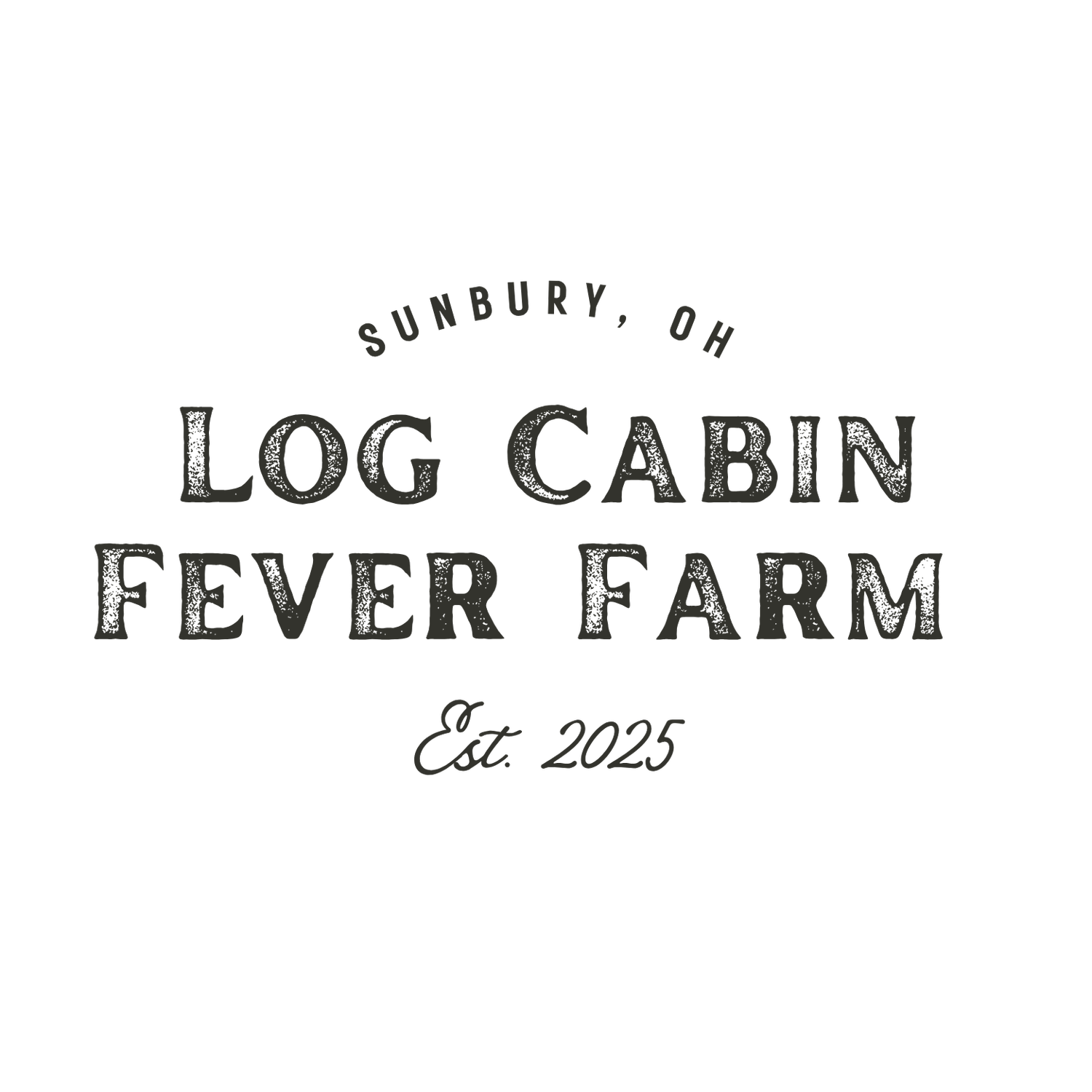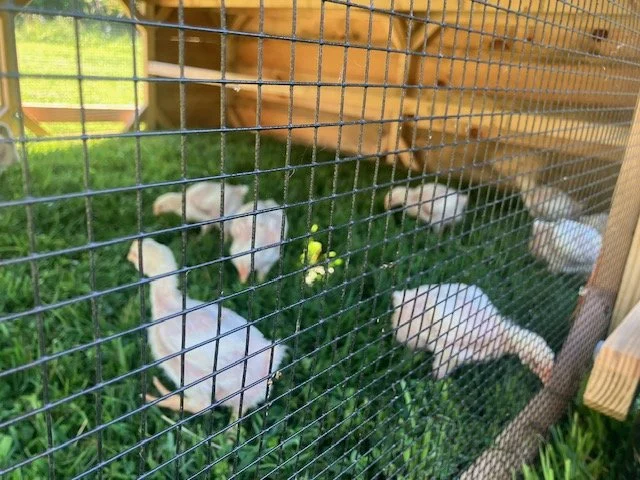Frequently Asked Questions
What breeds of chickens do you raise?
Currently, our meat chickens are a hybrid chicken called the Cornish Cross. They are a fast-growing variety with broad breasts and large thighs. They make a remarkable roasting chicken full of flavor and moisture.
Our laying hens are of two varieties: Golden Comets and Buff Orpingtons. Both are dual-purpose, used for meat and egg production, and lay large brown eggs. They are mild-tempered and are great foragers.
Isn’t chicken chicken?
Well, yes, but there are some key differences. Most chicken from the grocery store is commercially grown, and likely from thousands of miles away. That means you’ve got chickens from overcrowded factories with no sunshine, no grass, and no forage. Breathing in nothing but ammonia and fecal dust, they are fed animal byproducts and commercial grain and pumped with antibiotics or hormones to keep them alive long enough to process. Processing facilities are no better, and it is estimated that 10% of the weight of a commercially-grown chicken is “fecal soup” from unsanitary growing and processing conditions.
Direct from the brooder, our chickens live on pasture from three weeks to processing in an enclosed, mobile chicken tractor. They have constant access to sunshine, grass, bugs, and fresh water. They are moved 1-2x daily to prevent over saturation from their manure and fresh pasture to explore. Along with foraging, they are fed organic grains, and never receive added hormones or antibiotics. No need!
Our layers are pasture-raised as well, but they have some more freedom to roam within electric fence netting and the protection of two guardian geese. Their instinctive foraging qualities warrant some more space for exercise and exploration.
Is your chicken organic?
Technically, our chickens might be better classified as natural, pasture-raised chickens. Yes, they do receive local, organic and non-GMO grains each day as their main food source, but our land has not been certified organic. We do not use chemicals on our pasture, and the only fertilizer used is manure naturally planted by our goats who forage the same area.




